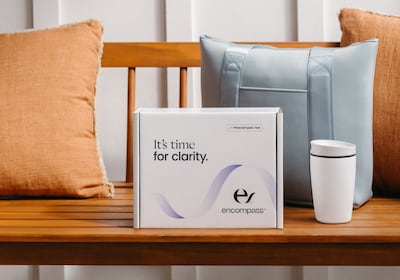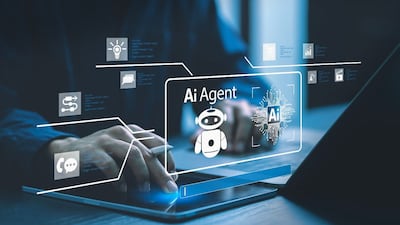AI-based approaches may not replace the human therapist, but they are increasingly being adopted by behavioral health organizations to reduce administrative burdens and support clinician productivity, according to Nathan Strack, founder and CEO of Reimagined Consulting.
Strack told Medtech Insight that behavioral health organizations are increasingly looking for innovative approaches to alleviate financial pressures and help with work staff shortages while
Read the full article – start your free trial today!
Join thousands of industry professionals who rely on Medtech Insight for daily insights
- Start your 7-day free trial
- Explore trusted news, analysis, and insights
- Access comprehensive global coverage
- Enjoy instant access – no credit card required
Already a subscriber?








